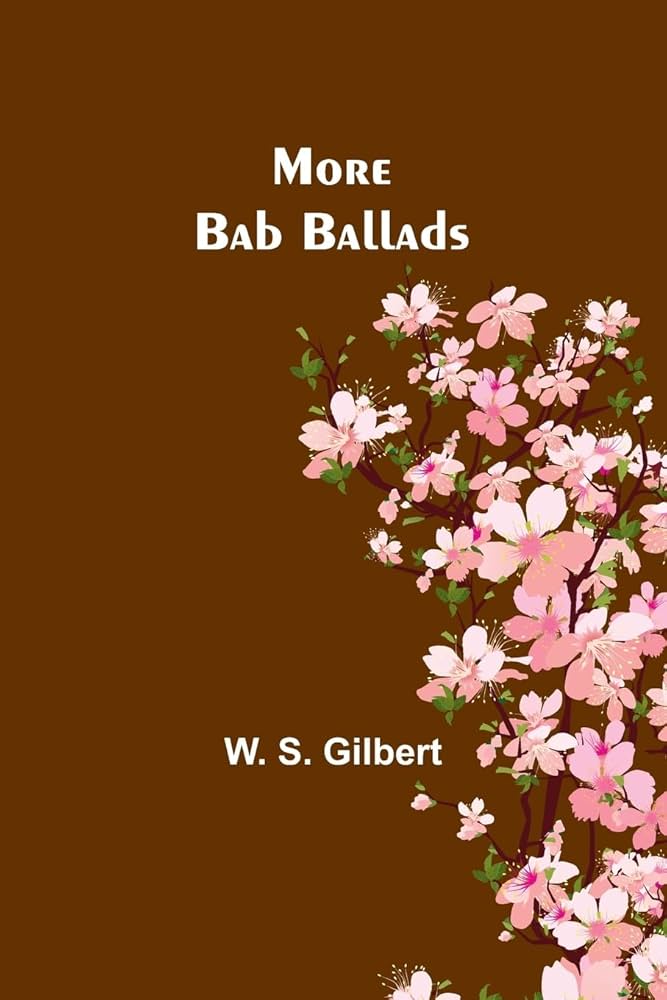Ballad: Hongree And Mahry. A Recollection Of A Surrey Melodrama
byHongree And Mahry opens in the tranquil beauty of Aquitaine, where emotions stir beneath ancient trees and duty collides with affection. Beneath the Wizard’s Oak, Hongree and Mahry share quiet moments that bloom with genuine affection, far removed from politics or rank. Their connection is unpretentious, built on sincerity rather than grandeur. Yet their peaceful union is shadowed by the unseen eyes of Jooles Dubosc, a man whose ambition seeks to mold Mahry into a life far beyond her desires. He sees her not as a partner but a prize, imagining refinement where she sees home. His plan reflects the harsh contrasts between natural affection and constructed status, reminding readers how often love is challenged by control masquerading as sophistication.
Amidst this romantic entanglement, the looming war between Gallia and England injects urgency and stakes that stretch far beyond personal rivalry. Orders arrive with the force of royal seal, and soldiers are thrust into decisions that blur the lines between patriotism and manipulation. Hongree’s assignment—to lead a night assault against the English—feels less like a command and more like a trap. Suspicion grows as he weighs the motives behind Dubosc’s instructions. His loyalty is not blind; instead, it’s rooted in justice, prompting him to seek clarity from a higher source. Here, the tale diverges from typical war stories. It asks not just whether orders should be followed, but whether they deserve to be. This framing makes the reader reflect on the integrity required when facing both swords and secrets.
Hongree’s decision to disguise himself and enter the English camp is one not born from cowardice, but from principle. Knowing the cost of unjust bloodshed, he risks his life not to defect, but to stop a plan he believes would harm his king’s cause. Speaking to the Duke of Bedford, he boldly exposes Dubosc’s strategy. His confession is not treachery—it’s a defense of France, one filtered through reason instead of rage. He acts as a bridge between duty and conscience, making choices from a place of grounded wisdom. Through Hongree’s daring, the narrative shifts from physical battles to ideological ones, turning the story into a meditation on how heroism often begins in private resolve. Readers are drawn into the tension between obeying commands and following convictions, a theme that continues to resonate in every generation shaped by conflict.
The narrative weaves between action and emotion, never allowing one to dominate the other. Mahry, though absent from the battlefield, anchors the story with her innocence and sincerity. She embodies a life worth defending—not because she is fragile, but because she represents what war often forgets: simplicity, peace, and truth. Her love for Hongree becomes more than romance; it’s a reason for restraint, a symbol of the humanity at stake. Dubosc’s vision of Mahry as a social accessory reflects the way power distorts affection, while Hongree’s love, shaped by respect, refuses to manipulate or dominate. This balance elevates their relationship from cliché to something deeply moving. The story becomes less about who wins and more about what it means to be worthy of victory.
As the plot unfolds, tension mounts not from grand speeches or swordplay, but from moral choices made in the quiet shadows. Hongree does not seek glory but understanding, and in doing so, he becomes more heroic than any battlefield triumph could portray. His courage lies not only in action, but in restraint, in the ability to speak truth where silence would have been safer. The contrast between him and Dubosc sharpens as one grows more noble through humility while the other sinks further into schemes. War becomes a backdrop for testing character, not just strategy. By the time Hongree’s fate is placed in motion, the reader understands that survival is not the only goal—honor is the true prize.
This chapter ultimately speaks to anyone who has faced unfair commands, unjust systems, or personal crossroads where love and duty collide. In its historical costume and poetic prose, it delivers timeless messages about choosing right over easy, and understanding that sometimes the bravest thing a soldier—or anyone—can do is question a dangerous path. The story invites readers to see that nobility is not always tied to birth or badge, but to the quiet decisions made in defense of decency. And in Mahry, we see the beating heart of what’s truly being defended: a life unshaped by ambition, but full of meaning. Through love, risk, and resistance, Hongree And Mahry reminds us that what survives beyond battles are the truths we refuse to compromise.


